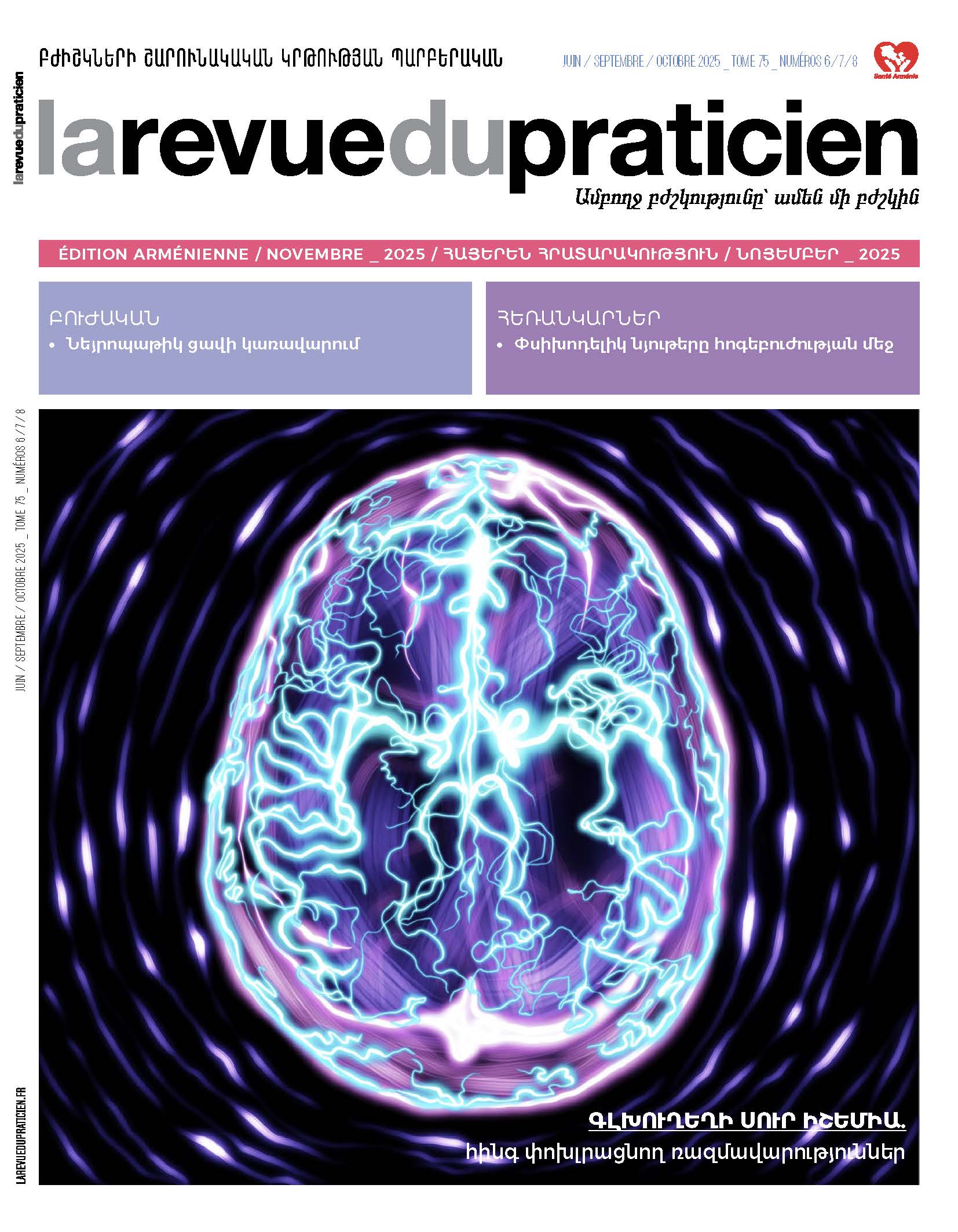Towards more targeted therapies in the treatment of ANCA-associated vasculitides 49
Alexandre Karras.Abstract
The treatment of ANCA-associated vasculitides (AAV) is based on therapeutic strategies that achieve remission and significantly reduce the risk of relapse in most cases over the medium term. Remaining challenges, including reducing treatment toxicity, tailoring therapies to relapse risk, and intensifying treatment for severe forms, call for personalized immunosuppressive regimens made possible by recent advances. Reducing the toxicity of immunosuppressants involves lowering cyclophosphamide and corticosteroid doses, replacing cyclophosphamide with rituximab, and using avacopan to enable early steroid withdrawal. Maintenance therapy with rituximab can now be adjusted based on individual relapse risk and simple biomarker monitoring, such as ANCA levels or CD19+ lymphocyte counts. Lastly, the choice of initial immunosuppression and the potential use of plasma exchange depend on clinical, biological, and histological criteria to identify the most severe cases, for whom the benefit-risk ratio of treatment intensification remains favorable. Validating specific algorithms and biomarkers will be the next step toward further personalizing therapeutic approaches for this condition.
